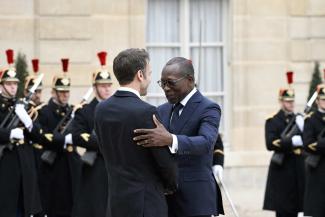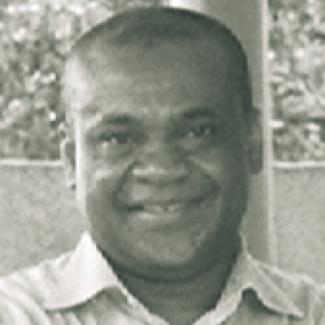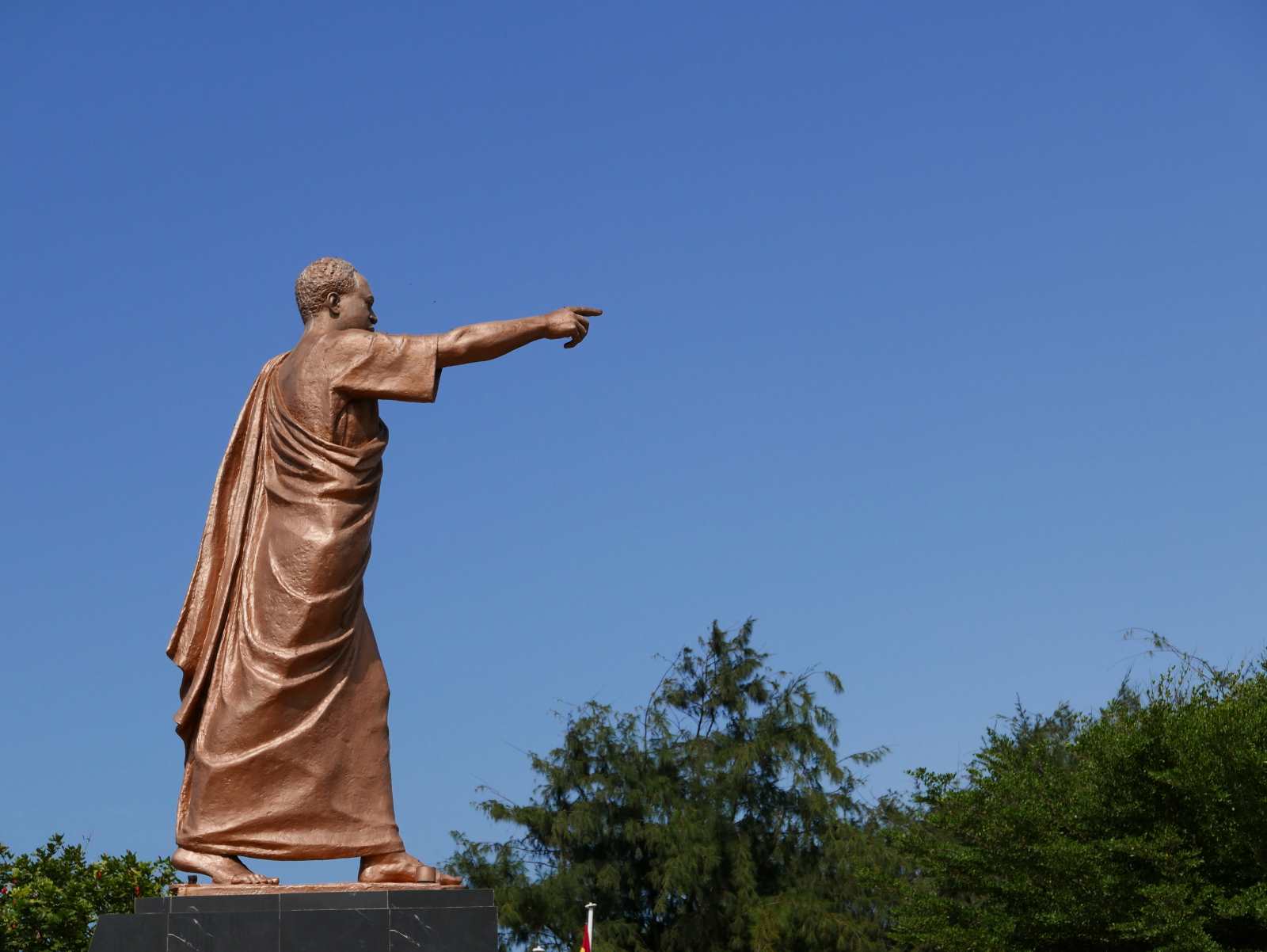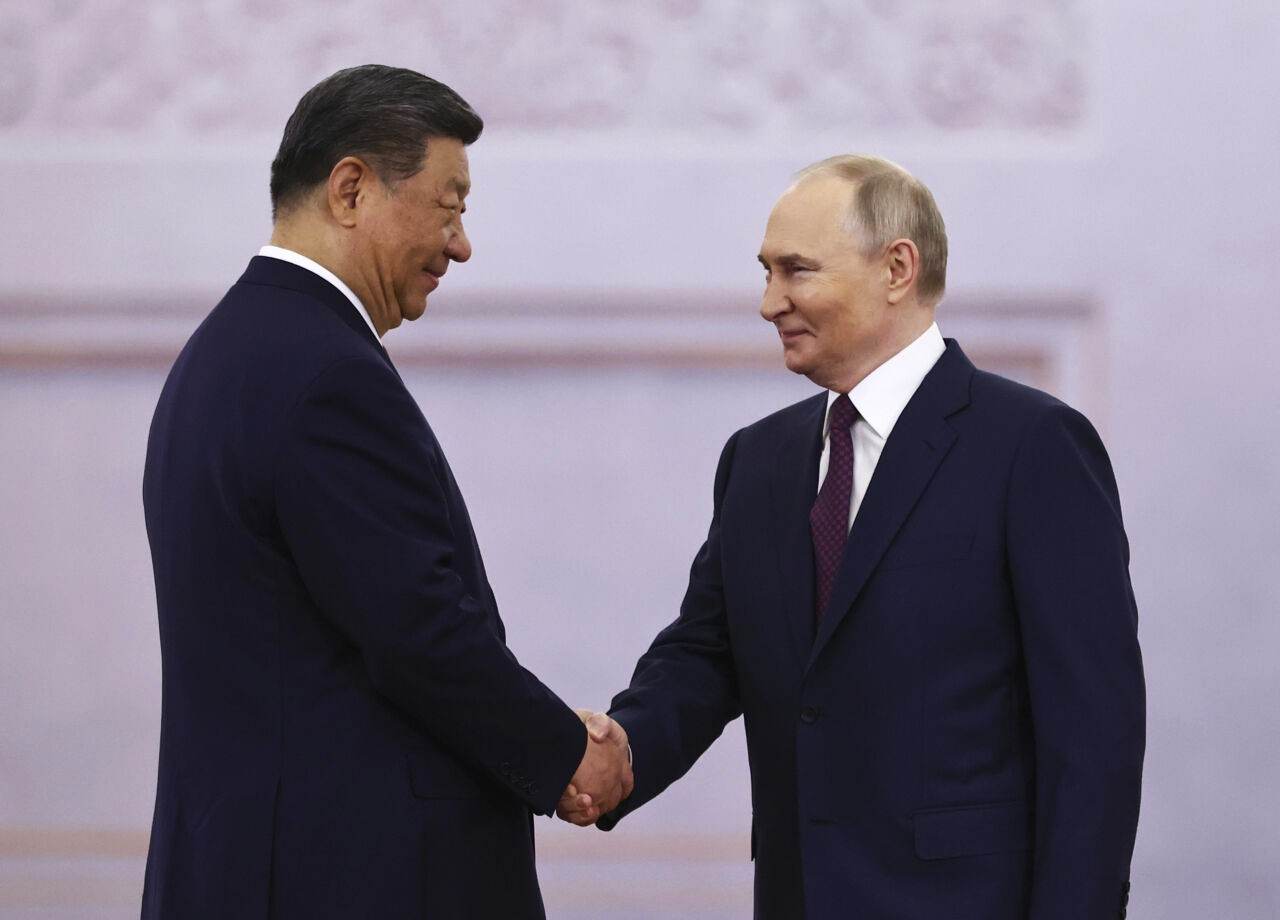West Africa
Benin’s President Talon tightens his grip on power

Nourenou Atchadé is a member of parliament and belongs to the Democrats, the main opposition party. In his eyes, Benin has been suffering democratic decline since 2019. President Talon took office in 2016 and Atchadé accuses him of manipulating laws before the parliamentary elections three years later. As a result, opposition parties could not run. Atchadé is also appalled by the Talon administration’s pattern of locking up opponents and forcing them into exile.
Amnesty International sees things in a similar light. According to this international human-rights organisation, cases of arbitrary arrests, torture and other ill-treatment were documented in Benin in 2022. Moreover, the freedoms of expression and peaceful assembly were restricted.
After this year’s election, a single opposition is represented in the legislature again. However, the Democrats remain too weak to make a real difference. They only have 28 of 109 seats. The two parties that support the sitting president, by contrast, command a two-thirds majority – enough to amend the constitution.
Louis Vlavonou, the speaker, has been confirmed as leader of the parliament. All important committees, including those in charge of financial, legal and defence matters, are controlled by Talon allies.
Analysts had predicted a high voter turnout since more parties took part in the election of 8 January. However, it was merely about 38 %. Apparently, the largest share of the electorate did not expect polling to have an impact. As often happens in Africa, moreover, there were allegations of fraud, ballot stuffing and election rigging.
Under Talon, it has become extremely difficult for politicians to run an opposition party. Indeed, the Democrats came close to being excluded once more after the leader of the country’s Revenue and Tax Service accused them of shady operations. Only a last-minute decision by the Constitutional Court ensured that the Democrats could field candidates this time.
Controlled by the president’s men
Benin’s Parliament is still controlled by the president’s men. The two pro-government parties will continue to receive public funding to carry out their activities across the nation. By contrast, the Democrats must rely on their own resources. Things might improve if parliament recognises them as the official opposition. Observers say that is rather unlikely.
Under Talon, election laws have been designed to the benefit of well-established and financially-endowed parties. Some say that Talon and the men he appointed will never give the opposition a chance. Talon’s attitude is typical of post-colonial authoritarianism.
In spite of the Constitutional Court’s ruling, the judiciary is believed to be under tight government control. By law, the president appoints judges and magistrates. Moreover, court officials get instructions from him and the minister of justice. The national media regulator is also placed under the president’s authority.
In these circumstances, it will be hard for opposition forces to prosper before May 2026, when Talon’s second and last term in office is set to end. Whether he will respect the constitutional term limit, however, is an open question. Other heads of state – not only in Africa – have modified such rules in order to stay in power.
To put a check on the administration, members of parliament must not only have a solid understanding but also the audacity to contradict government ministers. Moreover, they must dare to investigate claims of corruption and malfeasance. Many people in Benin doubt their MPs will do so even though candidates had to demonstrate basic legal knowledge and French language proficiency this time.
In spite of some obvious problems, the Economic Community of West African States (ECOWAS) has “welcomed the peaceful, secure and inclusive conduct” of last January 8 parliamentary poll. Western diplomats and observers have made similar statements. Apparently, formal democratic appearances matter more than substantial democracy.
Karim Okanla is a media scholar and freelance writer from Benin.
karimokanla@yahoo.com














